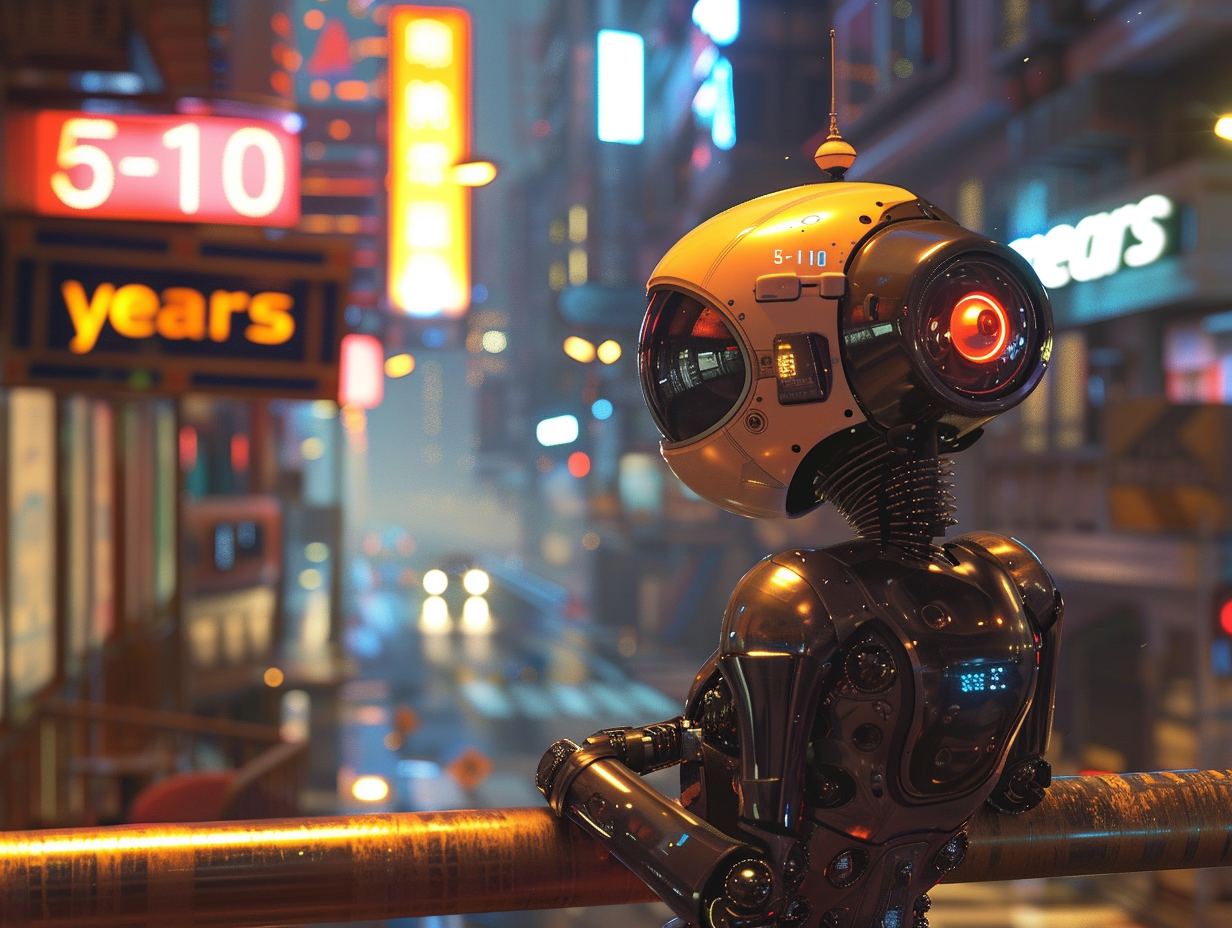Nvidia CEO Jensen Huang has sparked discussions within the tech community by predicting a significant shift in the gaming industry’s landscape. During a recent Q&A session following Nvidia’s GTC keynote, Huang outlined his vision for the future, suggesting that artificial intelligence (AI) could potentially replace traditional graphics processing units (GPUs) within the next five to ten years.
AI revolutionizing game rendering
Huang’s bold statements come in the wake of advancements in AI-powered technologies such as Deep Learning Super Sampling (DLSS) upscaling and frame generation. These innovations have already begun to reshape how games are rendered, offering improved visual fidelity and performance. With Nvidia at the forefront of these developments, Huang’s remarks signal a profound transformation on the horizon.
Implications for gaming and beyond
The implications of AI-driven rendering extend beyond gaming, potentially influencing non-gaming experiences as well. Huang envisions a future where every pixel of a game is generated in real-time by AI, fundamentally altering the way we interact with digital environments. This paradigm shift could pave the way for immersive virtual worlds and novel interactive experiences across various industries.
A closer look at Huang’s vision
Huang’s timeline for the integration of AI into gaming may seem ambitious, but recent progress in the field suggests otherwise. With technologies like DLSS already demonstrating significant improvements in a relatively short period, the prospect of AI-powered rendering becoming mainstream is not far-fetched. Moreover, developments in AI platforms like OpenAI’s Sora and ChatGPT underscore the rapid pace of innovation in this domain.
While Huang’s predictions may appear speculative, they warrant attention given Nvidia’s track record of driving technological advancements in the graphics industry. As discussions around AI’s role in gaming continue to evolve, attention remains focused on upcoming releases such as the GeForce RTX 50 series graphics cards. With leaks hinting at impressive ray tracing performance, Nvidia’s latest offerings promise to push the boundaries of visual fidelity and immersive gaming experiences.
In summary, Huang’s vision for AI-driven rendering represents a paradigm shift that could redefine the future of gaming and beyond. As technology continues to progress, the possibilities offered by AI-powered solutions are increasingly becoming a reality, setting the stage for a transformative era in digital entertainment and beyond.





